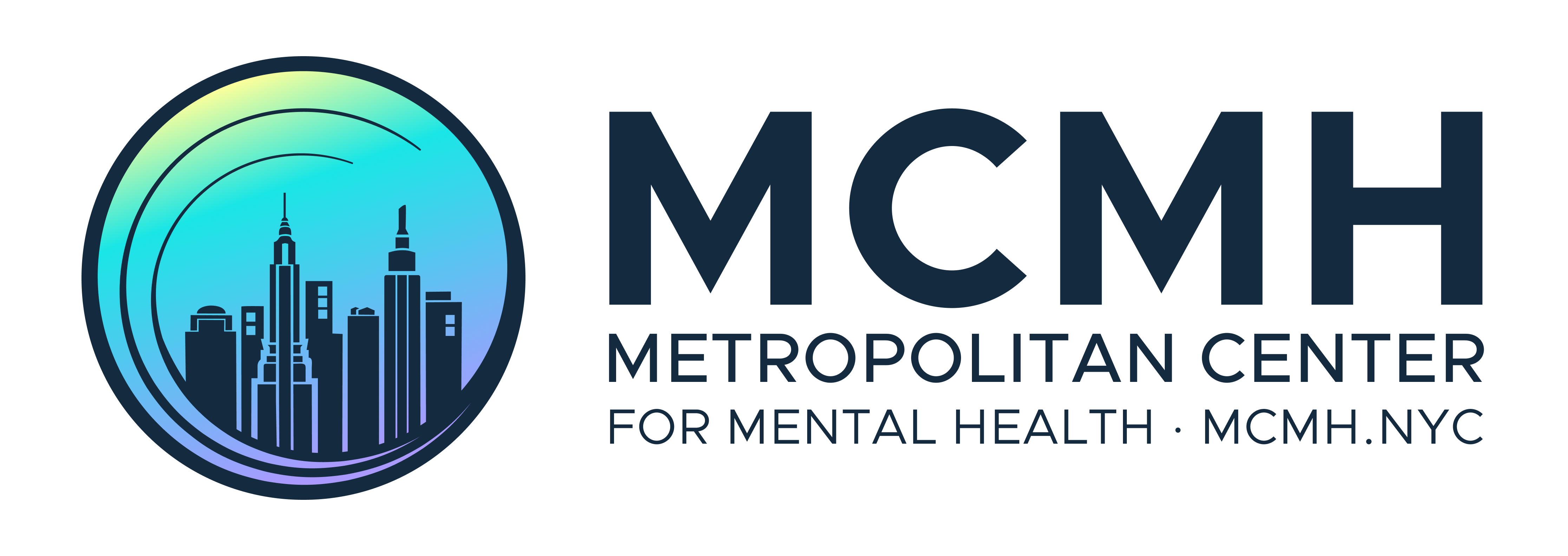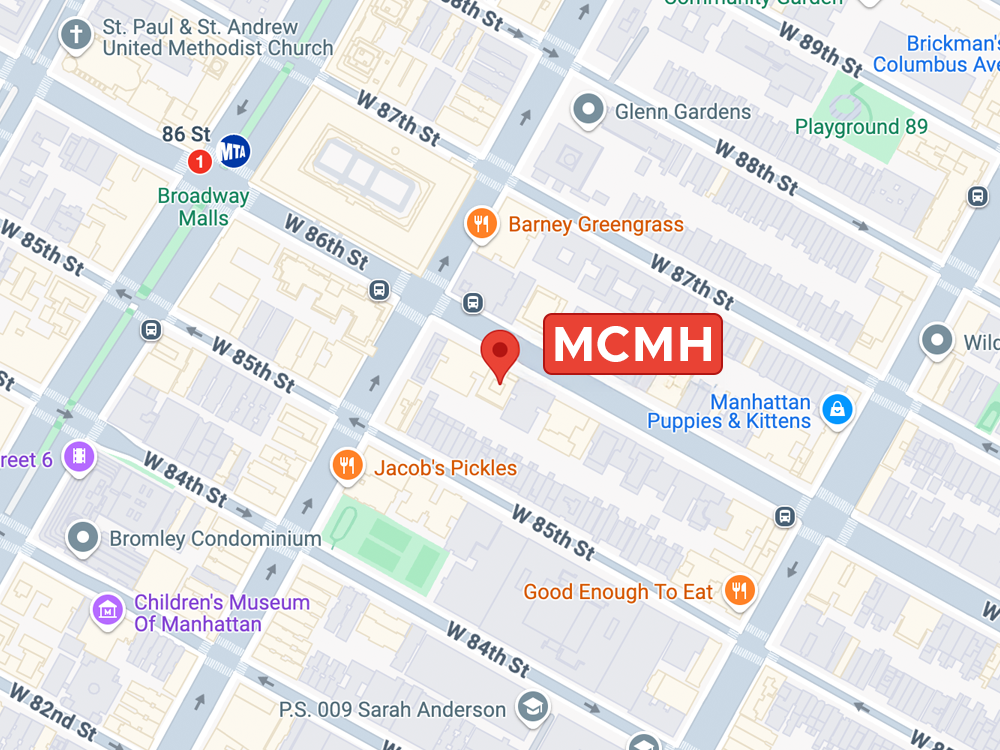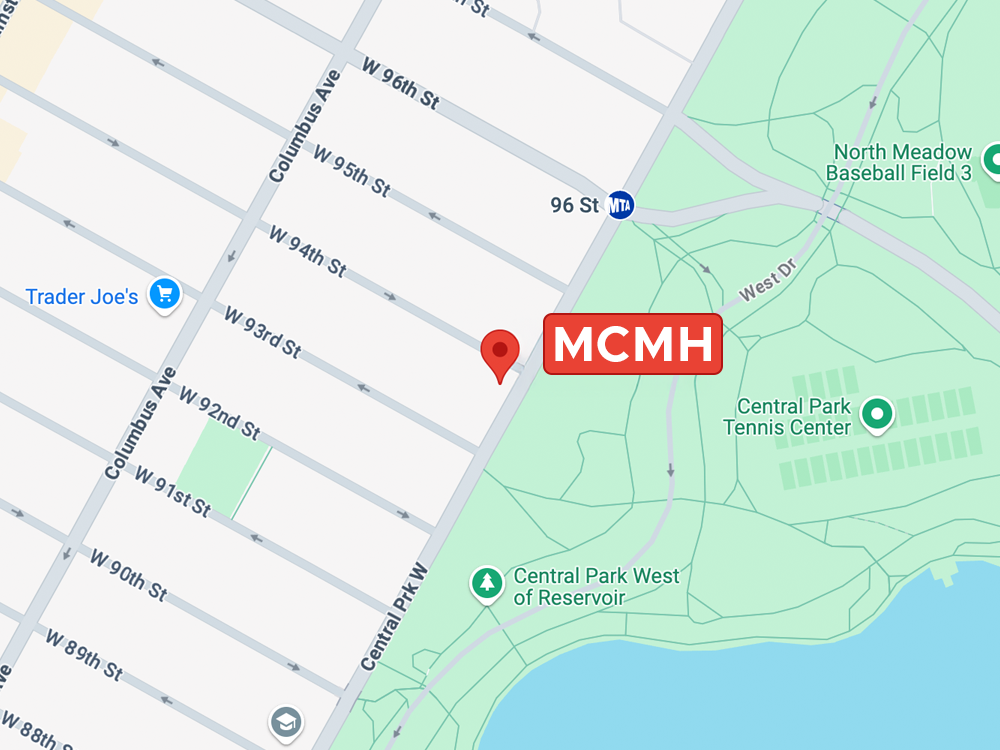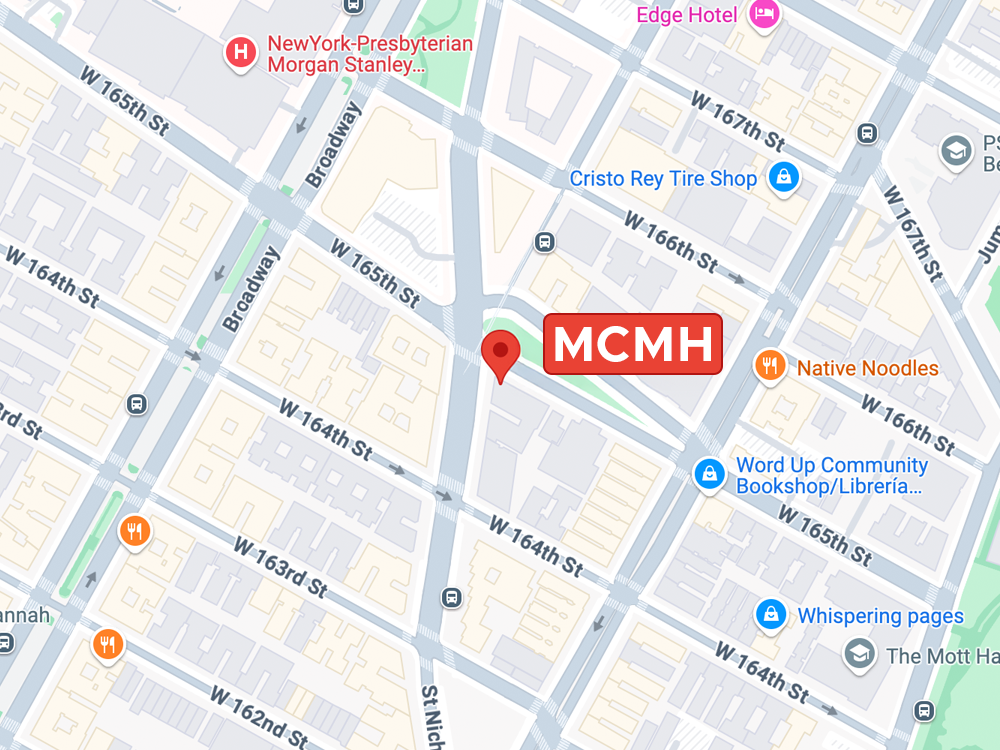RESOURCES
Anxiety can affect how you handle everyday situations.
Our clinicians specialize in anxiety care, combining targeted therapies and, when appropriate, psychiatric medication management to reduce symptoms and restore day-to-day functioning.

Understanding Anxiety
Anxiety disorders are a group of mental health conditions that cause excessive fear, worry, or nervousness. While anxiety is a normal response to stress, anxiety disorders involve persistent and overwhelming feelings that interfere with daily life.
Common Types of Anxiety Disorders
- Generalized Anxiety Disorder (GAD) – Constant and excessive worry about everyday things, even when there’s little or no reason to worry.
- Panic Disorder – Sudden and intense episodes of fear (panic attacks) that can include chest pain, dizziness, and shortness of breath.
- Social Anxiety Disorder – Intense fear of social situations, leading to avoidance of interactions due to fear of embarrassment or judgment.
- Phobias – Extreme fear of a specific object or situation (e.g., heights, spiders, flying) that leads to avoidance.
- Obsessive-Compulsive Disorder (OCD) – Unwanted and repetitive thoughts (obsessions) that lead to compulsive behaviors (e.g., excessive handwashing, checking locks repeatedly).
- Post-Traumatic Stress Disorder (PTSD) – Anxiety triggered by a traumatic event, leading to flashbacks, nightmares, and emotional distress.
Symptoms of Anxiety Disorders
- Excessive worrying or fear
- Restlessness or feeling on edge
- Rapid heartbeat, sweating, or shortness of breath
- Difficulty concentrating
- Trouble sleeping
- Avoiding situations that cause anxiety
What Causes Anxiety Disorders?
Anxiety disorders develop from a combination of factors, including:
- Genetics – Family history of anxiety or mental health conditions
- Brain Chemistry – Imbalances in neurotransmitters that regulate mood
- Life Experiences – Stressful events, trauma, or major life changes
- Personality Factors – Some individuals may be more prone to anxiety
How Are Anxiety Disorders Treated?
Anxiety disorders are highly treatable, and common approaches include:
- Therapy – Cognitive Behavioral Therapy (CBT) and Talk Therapy are effective methods is an effective method to change anxious thought patterns.
- Medication – Antidepressants or anti-anxiety medications can help manage symptoms.
- Lifestyle Changes – Exercise, mindfulness, deep breathing, and proper sleep can reduce anxiety.
- Support Systems – Talking to a therapist, support group, or trusted person can help.
Metropolitan Center for Mental Health offers specialized care to help individuals manage their symptoms effectively. Our clinicians have extensive expertise in diagnosing anxiety disorders, ensuring treatment is specific to the patient and their experienced symptoms. Clinicians work closely with our psychiatry team who provide medication management when needed, supporting patients in finding the right balance for their mental well-being. We are dedicated to helping individuals reduce anxiety and improve their overall quality of life.
If you or someone you know is in immediate danger or is experiencing a medical emergency, please pick up a phone and dial 911 or go to the nearest emergency room.
Emergency Services
Helpful Links
We are here to help.
Our clinicians specialize in anxiety care, combining targeted therapies and, when appropriate, psychiatric medication management to reduce symptoms and restore day-to-day functioning.
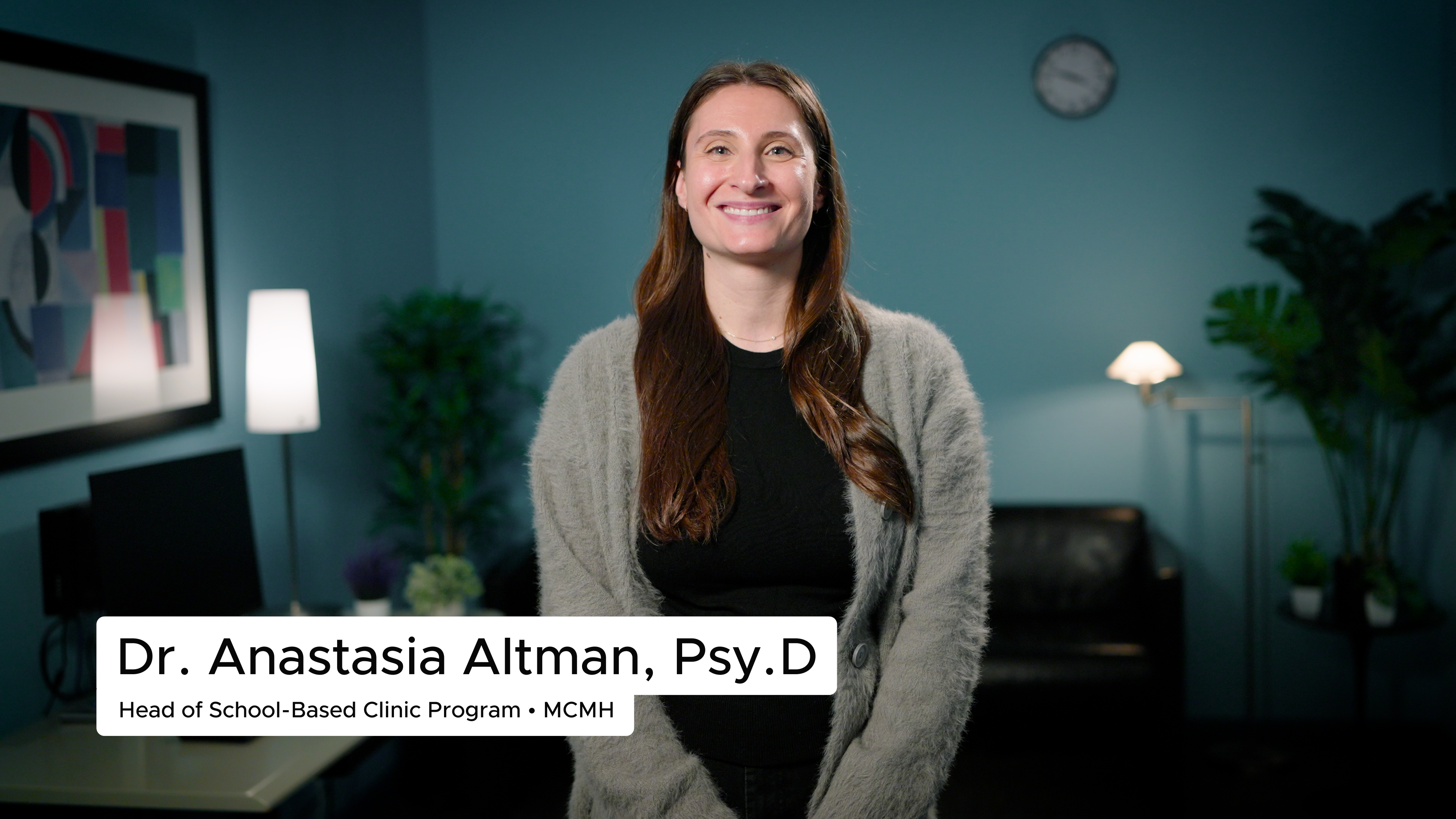
Locations
Three convenient locations.
Whether you are uptown, downtown, or anywhere in between, our services are easily accessible at three convenient locations.
Please inquire about MCMH's expanded Telehealth hours for ongoing treatment.
